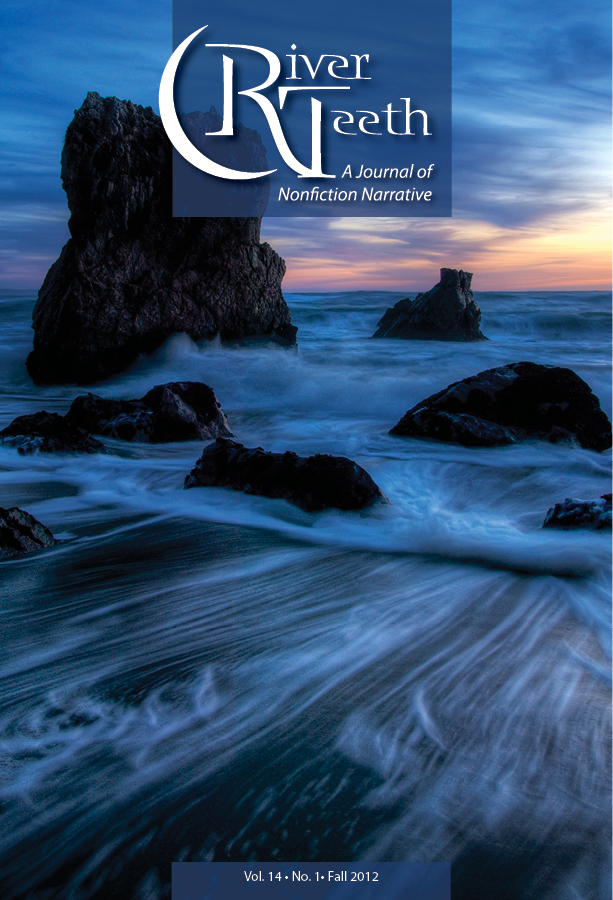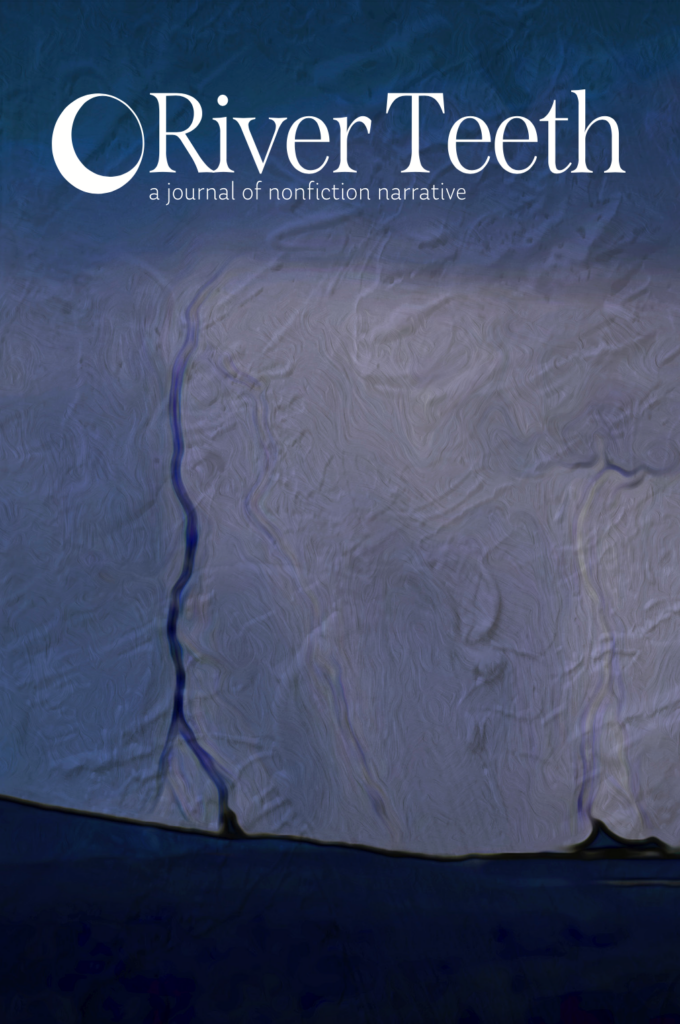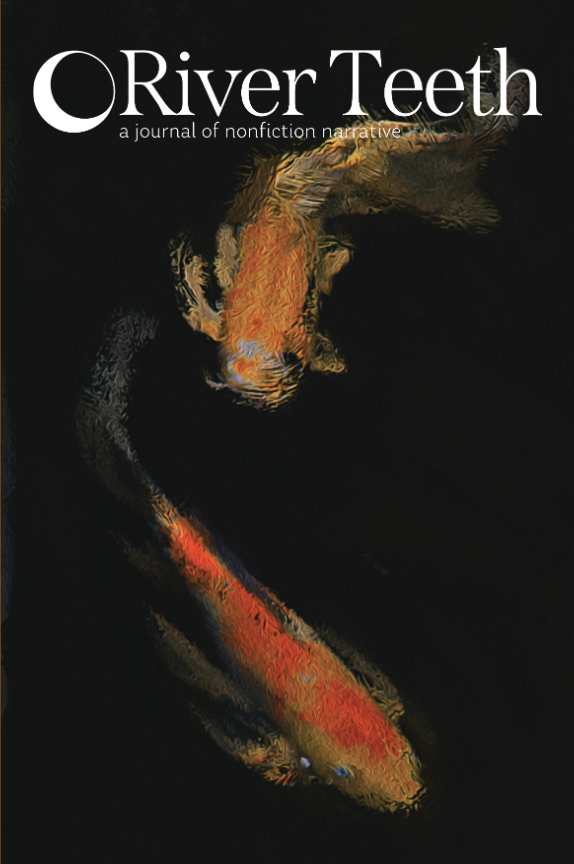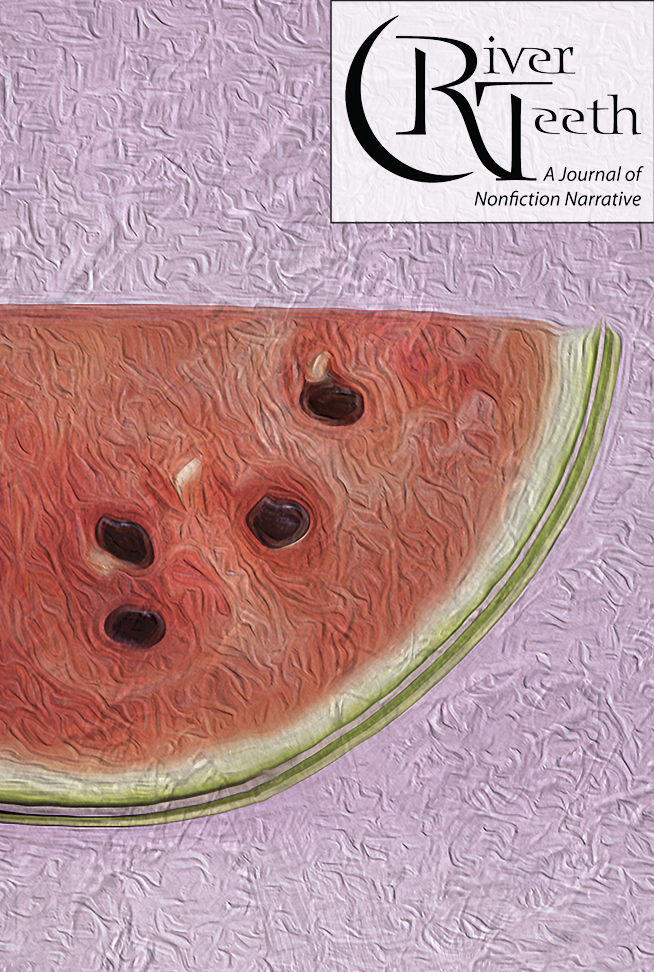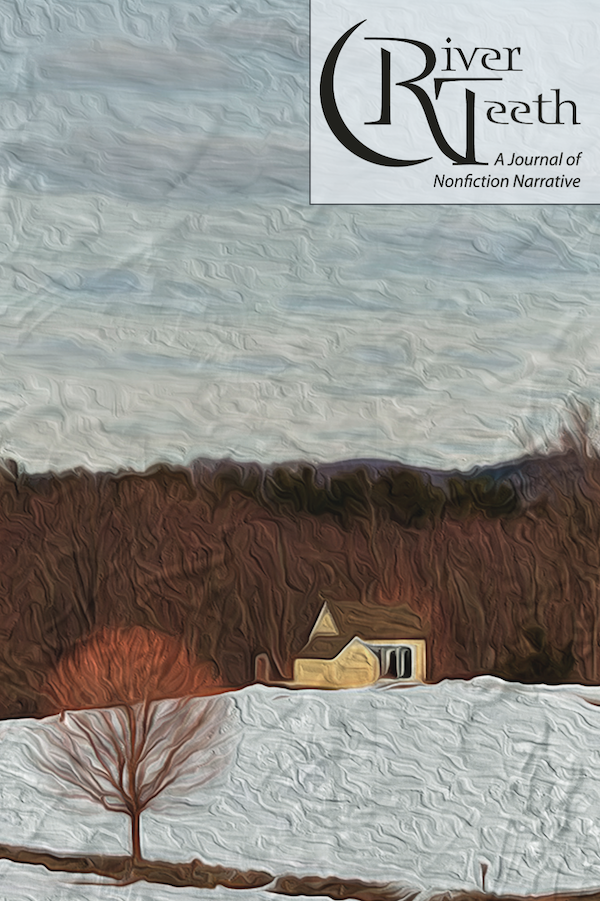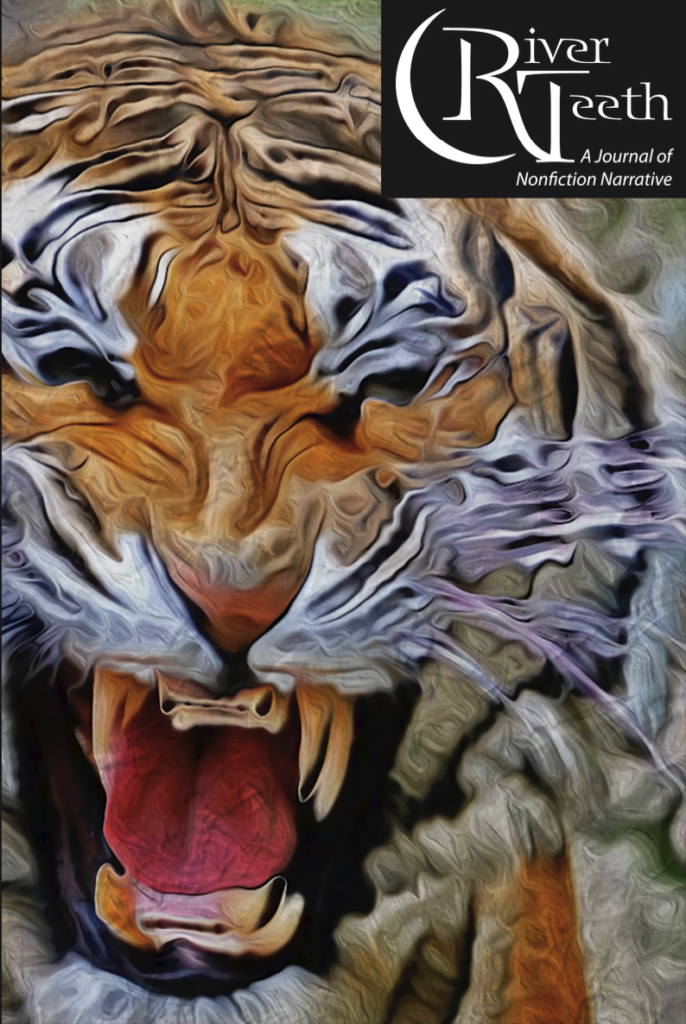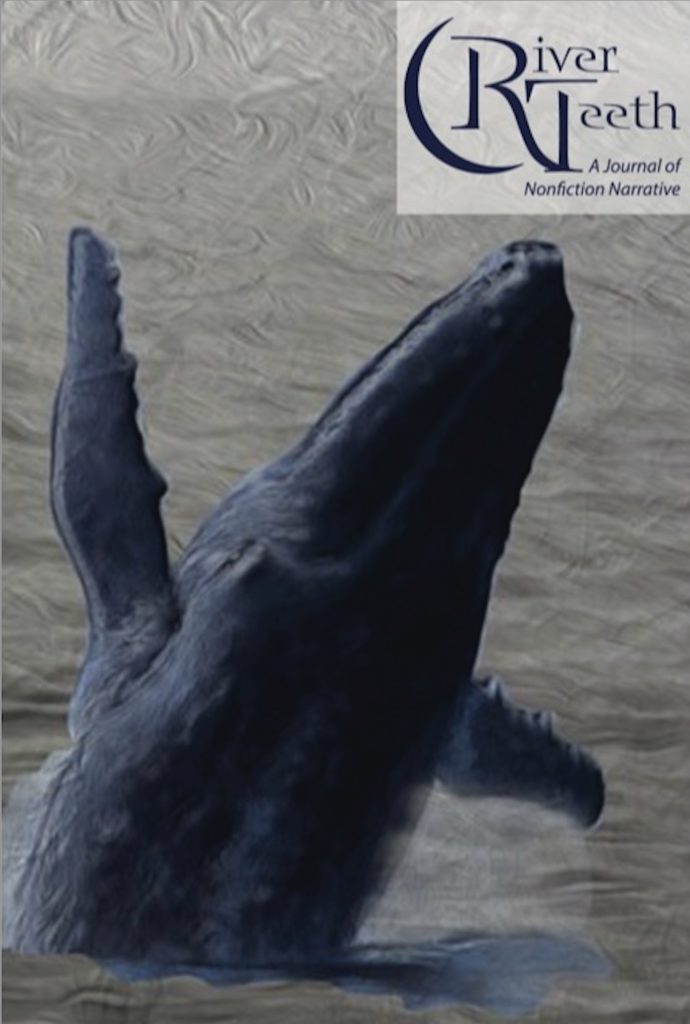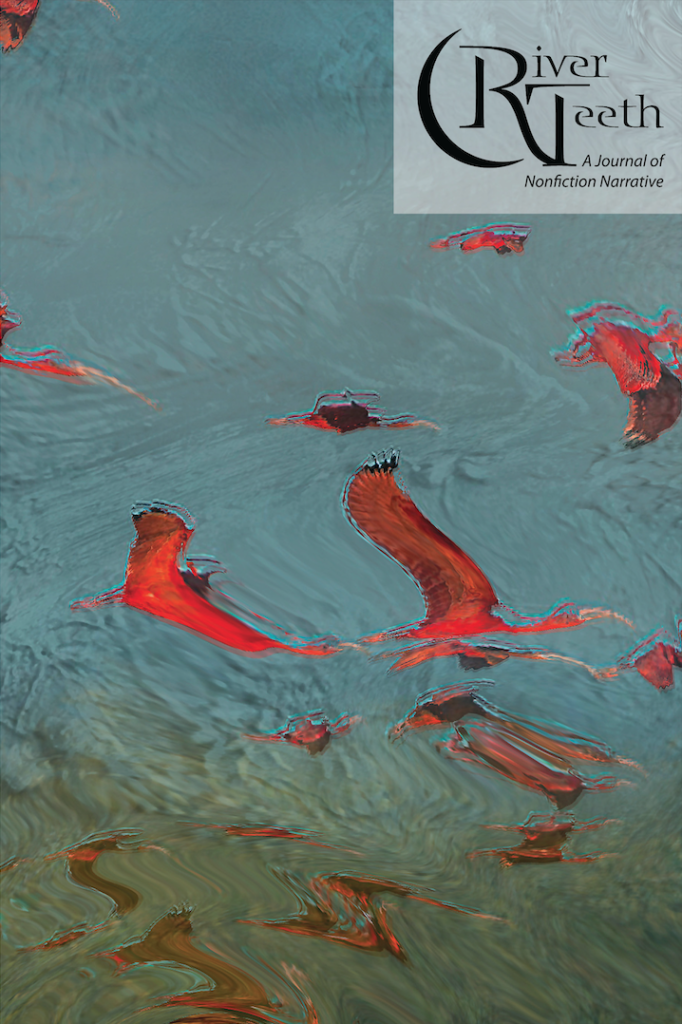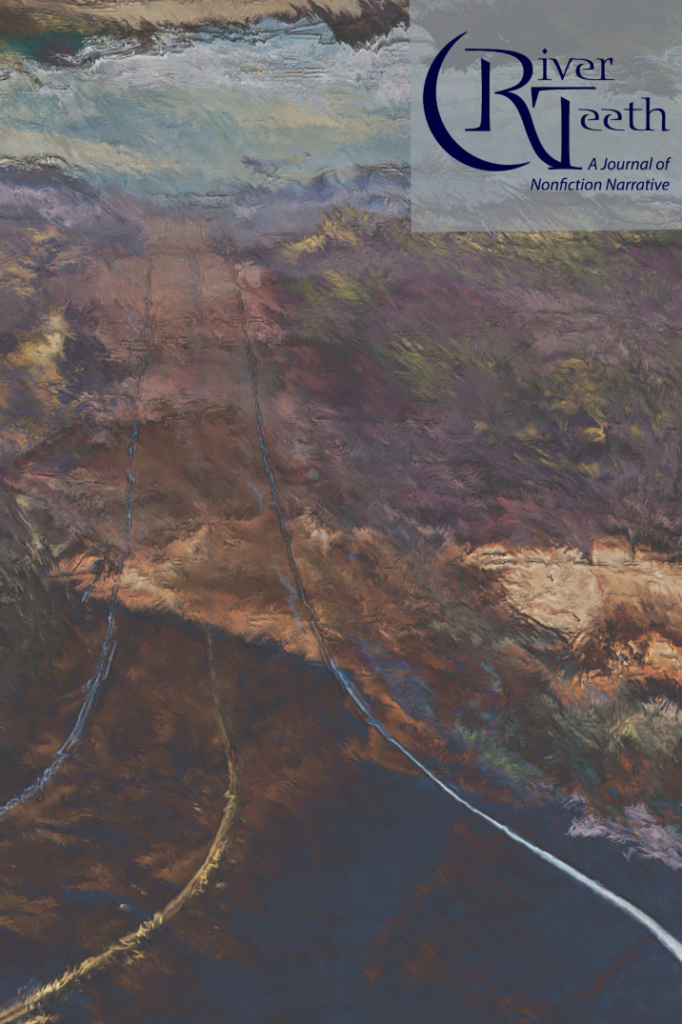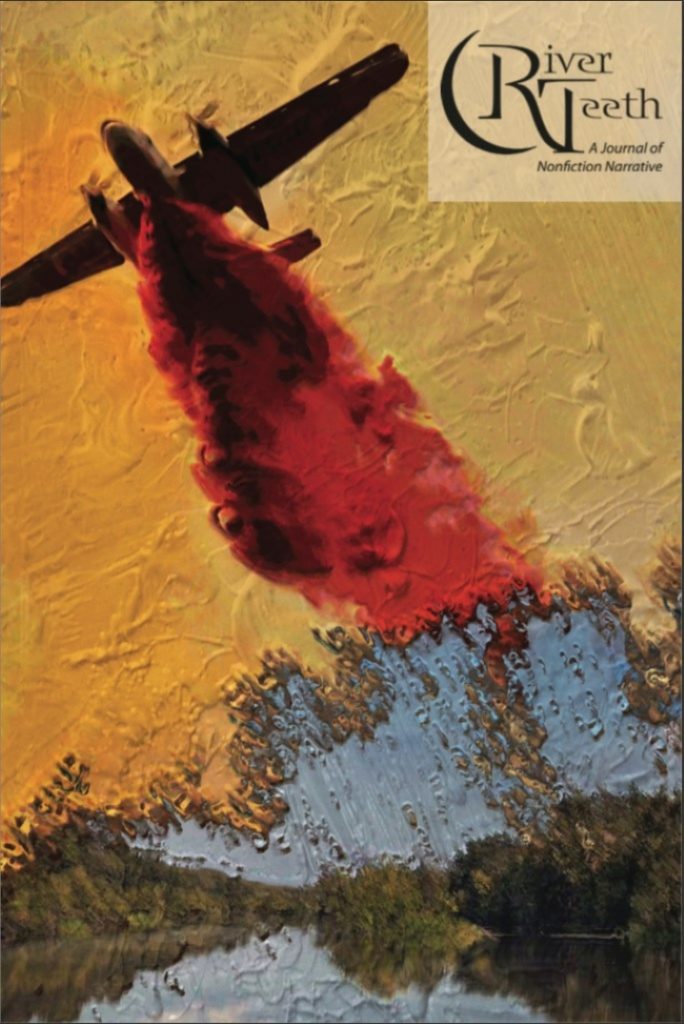By Daniel W. Lehman
It’s been an exciting stretch at River Teeth: A Journal of Nonfiction Narrative—highlighted by our inaugural national conference. For three days in May, writers gathered in Ohio from across the United States for readings, workshops, manuscript evaluations, and late-night skull sessions about the best of nonfiction writing and why facts matter.
Similarly, the signature obsession of River Teeth during our fourteen years is that we explore the deepest implications of writing and reading nonfiction. We’ve said it before: because nonfiction purports to capture the lives of real people and events, it pits the characters and narrators who live inside the text against those same characters and actual authors who cast shadows in the outside world. What exactly is at stake when an author sets out to capture the life of a real person on the page? How do such narratives affect privacy and identity? Even if the narrative is scrupulously true, how do both parties face the recognition that secrets will be told and lives will be altered? How does a text change when its characters inhabit the real world or when literary death or pain opens the flesh of actual wounds?
River Teeth has consistently explored these obsessions across a range of memoir, literary journalism, and the essay. And as it happens, this issue features sterling examples of each form, highlighted by what may well be the best single essay ever written about the pain and promise of writing real life, Andre Dubus III’s “Writing and Publishing a Memoir: What in the Hell Have I Done?” If you are a fan of Dubus III’s astonishing memoir Townie (and anyone who has read it by definition becomes a fan) or if you’ve been snared by the magnificent short stories and essays crafted by his famous father, you will want to follow Andre through the border region of narrative and real life occasioned by the writing and reception of his Townie. To wit:
I was giving a talk at a university on the West Coast. Afterwards, a big, gray-haired man in a red sweater stood in the audience and said, “I read your book, and I think your old man was a friggin’ prick. How come he never took you guys to a ball game for Christ’s sake?”
Hearing this was like getting slapped across the eyes. I took a breath. I sipped some water. I did not believe my father had been a prick, but what I had written, and no one else, had given this man standing in the audience— all of whom were now looking at me to see how I would react—this picture of my father.
We’ll let you savor the rest of Andre Dubus III’s revelations for yourselves. By the culmination of his piece you will have learned something very important about memoir nonfiction—about its pain and its promise, its power and its danger. No wonder that some lesser writers succumb to shortcuts: thinking to fool readers by altering facts, inventing scenes, or making up characters. These tired shortcuts feed the publishing scandal du jour, a saga of defeat in which nothing is ever risked.
Let’s face facts: Not everyone has the guts to do the kind of work that Andre Dubus III displays here and to do it honestly and well. Therefore, River Teeth is proud to have become a welcoming place for those writers who are up to the real challenges of nonfiction.
Along the way, Dubus III and his reflections on the memoir Townie illustrate something equally important: the power of painfully honest narrative to transform lives. “I was always the new kid and I got bullied till one day I began to fight back, till that was all I ever seemed to do and I was on a road that would either get me killed or put in prison,” he writes, “and it was my finding creative writing that put me on a more peaceful and constructive path.”
In this vein, the literary-journalism highlight of this issue hails from Seattle’s Eli Sanders, who shocked the reporting world by nabbing the 2012 feature-writing Pulitzer Prize for an alternative weekly, The Stranger. His Pulitzer winner, “The Bravest Woman in Seattle,” is a harrowing nightmare of a news feature, a raw, honest literary tribute to a woman who refused to be intimidated by unimaginable violence.
An exchange of emails between us revealed that Sanders is a River Teeth kind of writer—unpretentious, principled, honest, and a former bicycle messenger to boot. With “The Bravest Woman in Seattle” already available online at the Pulitzer website, Sanders agreed to revise for us a 2003 literary article he wrote about a school shooting at Seattle’s Garfield High School, his alma mater. Sanders’ “The Shooter” thus bookends Andre Dubus III’s essay with the tragedy of a lad who was bullied (but never reached that creative healing space that Andre found) and lashed out in life-changing violence. The shooter was prosecuted as a juvenile; thus his name never was made public. But Sanders’ candor in reporting the story and his own involvement with it, as well as the essay’s poignant ending, propels it squarely into Dubus and River Teeth territory: facts that matter, the courage to write and report them, the kind of writing we love.
Finally, the dean of Best American Essays, Robert Atwan, presents his “Notes Toward a Definition of the Essay,” which began as a talk at the recent River Teeth conference. For a generation now, Atwan’s nurturing of the American essay has helped keep the form surprising and vital. Try to imagine the American essay without Atwan. We didn’t think so. Now, walk along with him as he essays his own definition of the sort of writing that moves him. We think you will find it contains a thread that runs through each of the pieces in this latest River Teeth number. Come with us and see what you find.

